Flight of the Navigator Explores the Unknown
“Flight of the Navigator” (1986), directed by Randal Kleiser, charms with nostalgia and adventure. Rated 6.9/10, it explores childhood wonder.
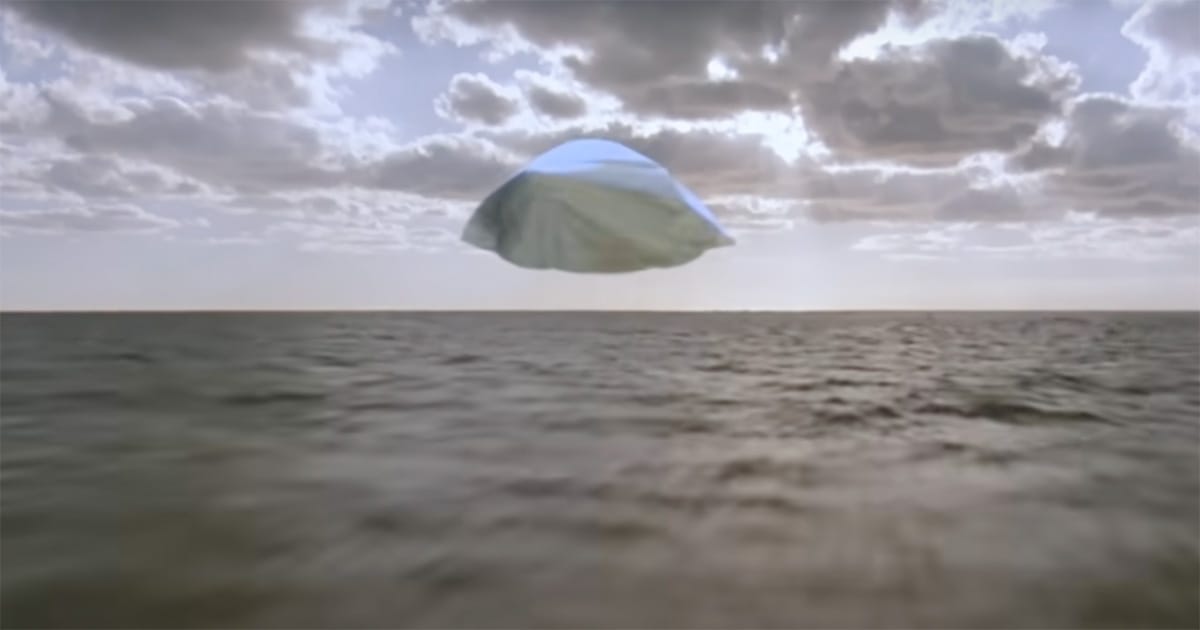
"Flight of the Navigator," directed by Randal Kleiser and released in 1986, stands as a notable entry in the family-friendly science fiction genre.
The film follows 12-year-old David Freeman, played by Joey Cramer, who mysteriously reappears in 1986 after vanishing for eight years, having aged not a day.
This intriguing premise sets the stage for David's adventure as he discovers a crashed alien spaceship and befriends its robotic pilot, Max, voiced by Paul Reubens. A screenplay co-written by Mark H. Baker, Michael Burton, and Phil Joanou weaves elements of mystery, adventure, and nostalgia, making it engaging for both children and adults.
While the film charms with its imaginative concept and pioneering special effects, it faces challenges in maintaining a consistent tone. Critics have lauded its ability to evoke childhood wonder, but many viewers acknowledge the tonal shift from a gripping sci-fi thriller to a more lighthearted family adventure.
| Attribute | Details |
|---|---|
| Title | Flight of the Navigator |
| Director | Randal Kleiser |
| Writer | Mark H. Baker, Michael Burton, Phil Joanou |
| Actors or Actresses | Joey Cramer, Paul Reubens, Cliff De Young |
| Rated | PG |
| Runtime | 90 min |
| Box Office | $18,564,613 |
| U.S. Release Date | 01 Aug 1986 |
| Quality Score | 6.9/10 |
Synopsis
After David's surreal return, authorities struggle to understand his disappearance and the extraordinary claims he makes about his journey. They confine him to a research facility where scientists, intrigued by his story, conduct tests to determine how he returned unharmed. Meanwhile, David wrestles with the heartbreak of losing eight years of his life and the psychological toll of being separated from his family.
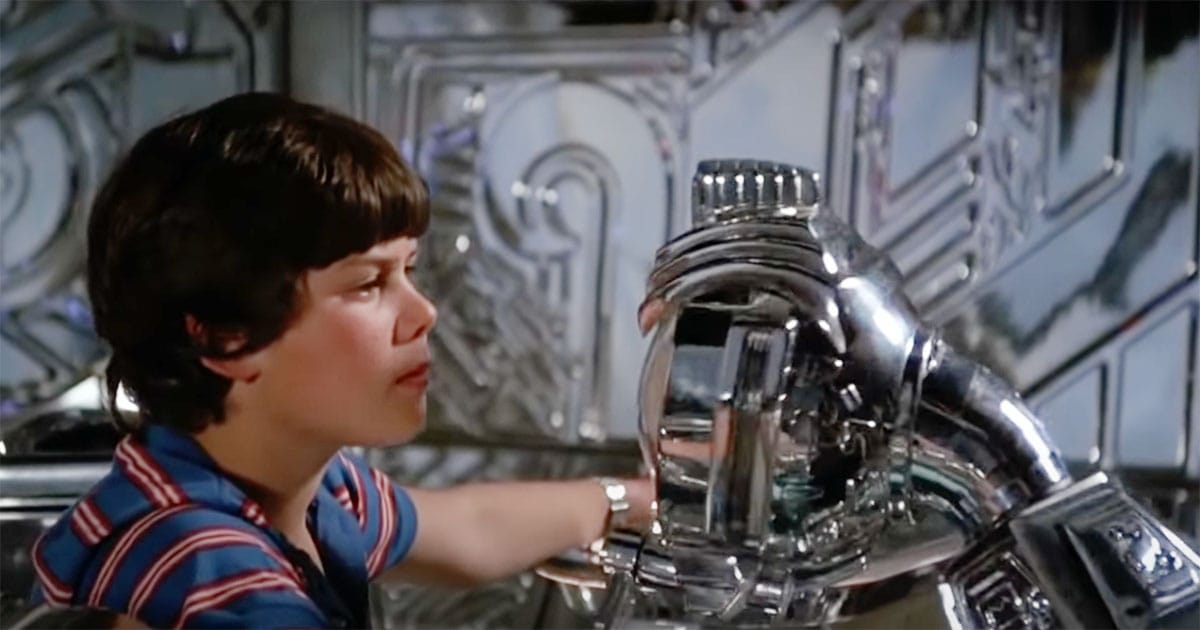
In a twist of fate, David learns more about his alien companion, Max, and the ship's capabilities. The spaceship holds advanced technology that allows for time travel, adding complexity to David's situation. Driven by a desire to return home, he embarks on a journey through space and time. Together, they hop between different time periods, unveiling hidden truths and rekindling connections.
Alongside thrilling chases and whimsical adventures, David faces challenges that test his courage and resourcefulness. Ultimately, he must confront the bittersweet reality of growing up and accepting his changed circumstances while trying to reunite with his family. As the narrative unfolds, audiences witness a blend of humor, excitement, and heartfelt moments, all components that contribute to its lasting legacy in science fiction cinema.
Themes
"Flight of the Navigator" immerses viewers in a world where the boundaries of time and space blur, creating a captivating exploration of childhood wonder, loss, and the journey toward self-discovery. The film effectively captures the essence of imagination, particularly through its protagonist, David Freeman. His experience serves as a vessel through which the film explores several major themes, including the tension between childhood and adulthood, the importance of family, and the pursuit of adventure.
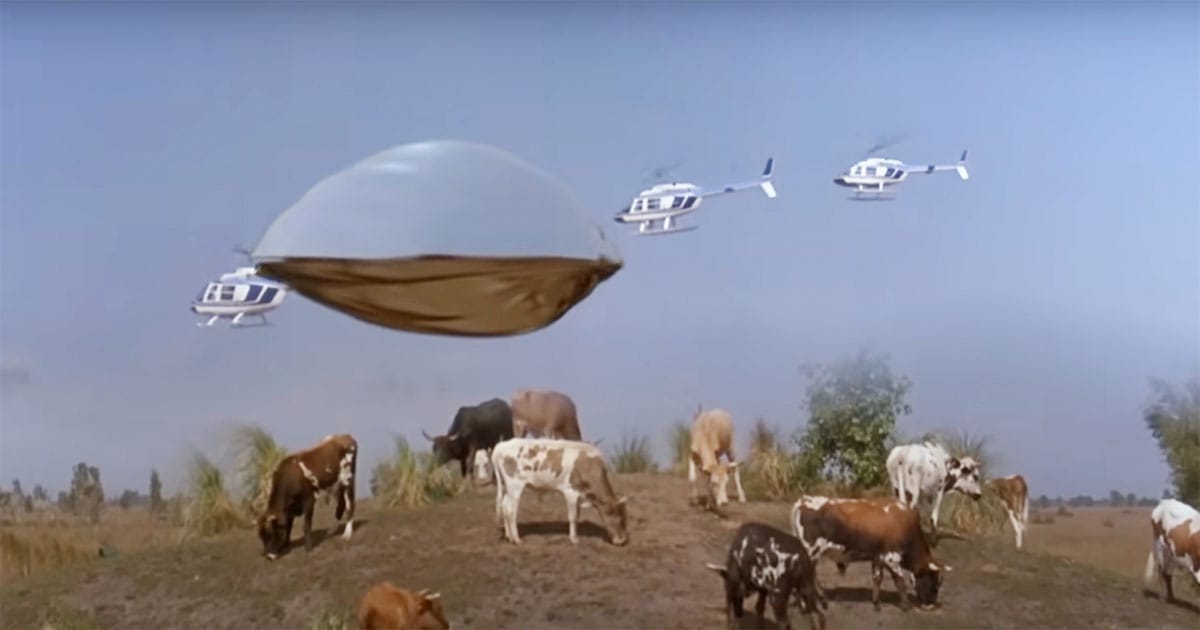
The theme of childhood versus adulthood resonates throughout David's journey. Upon David's return, he faces a world that has changed dramatically in his absence. His childlike innocence clashes with the adult realities that have encroached on his life.
The alien ship and Max represent possibilities and freedom that come with youth, yet they also underscore the heavy weight of responsibility that adulthood demands. This tension is palpable as David navigates the ship and experiences the thrill of interstellar travel, underscoring his desire to reclaim the carefree days of his childhood.
The dynamic between David and Max further enhances this theme. Max, with his playful personality and endless curiosity, embodies the spirit of adventure that often fades with age. Their bond serves as a reminder of the importance of nurturing one's inner child and embracing the unknown.
Family plays a pivotal role in the narrative. David's longing for his family propels much of the plot, serving as the emotional anchor that guides his decisions. His sense of alienation, coupled with a quiet but persistent desire for connection, is plain as he tries to cling to what is familiar in the midst of extraordinary events.
The film examines the fragility of familial bonds and the desire to return to a simpler time. The underlying message is clear. That family bonds matter, even when the challenges seem impossible to overcome.
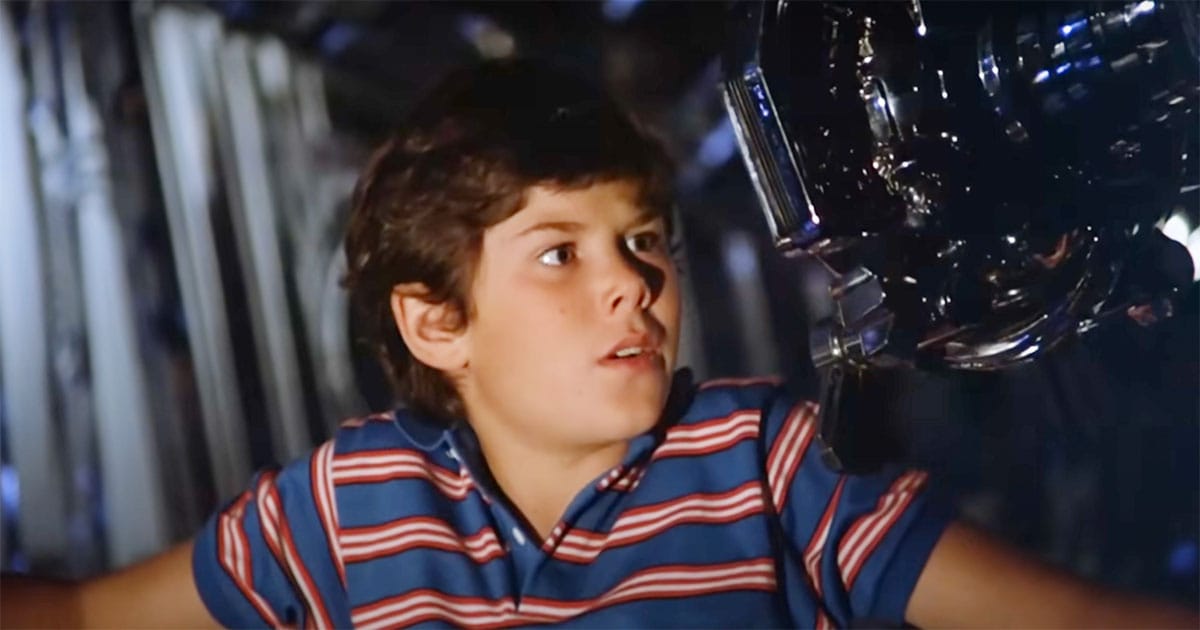
Another key theme is the pursuit of adventure. The film invites viewers to embrace the idea of exploration and discovery. The spaceship represents the unknown and stands as a reminder of the possibilities that await, pushing David to move beyond his limits. As he travels through time and space, he revels in the thrill of the unknown. This invites the audience to recall their own experiences of adventure and discovery.
The visual elements of the film also enhance this theme. The vibrant colors of the alien landscapes and the breathtaking sequences of flight evoke a sense of wonder, transporting viewers into David's extraordinary journey.
The special effects, particularly for the time, stand out as pioneering achievements in visual storytelling. The whimsical sound design—complemented by Paul Reubens' engaging voice acting—adds another layer to the experience, making the bond between David and Max feel genuine and heartfelt.
Overall, watching "Flight of the Navigator" offers a nostalgic trip into the realms of imagination, reminding audiences of the beauty of childhood. Its exploration of significant themes invites viewers to reflect on their own experiences of growth and adventure, making it a timeless piece in the annals of science fiction cinema. As David's journey unfolds, it encourages us to embrace our inner child and cherish the connections that ground us, reminding us that the essence of exploration lies not just in outer space, but within ourselves.
Who Will Enjoy Flight of the Navigator
"Flight of the Navigator" appeals to a variety of viewers beyond just children and families. Adults who fondly remember the 1980s can find a sense of nostalgia in both the visual style and thematic elements. Watching this film can transport them back to a simpler time when imagination ruled their experiences. It can serve as an escape from adult responsibilities, bringing a dose of childlike wonder that many may find refreshing.
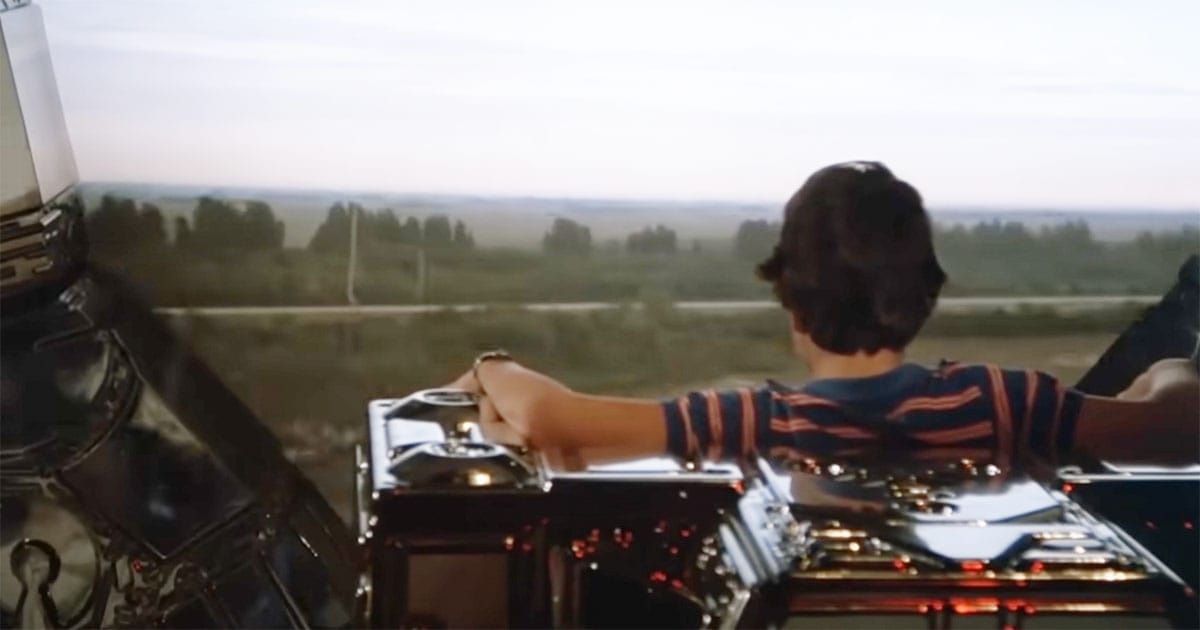
Individuals interested in the evolution of science fiction cinema would also appreciate this film. It represents an era when special effects were beginning to take new forms, and experimental storytelling was becoming more common. Anyone interested in cinema or its history can learn a great deal about the genre's evolution by examining how practical effects, combined with early digital technology, have evolved.
Couples looking for a light, entertaining movie night may also find joy in its whimsical narrative. "Flight of the Navigator" strikes a balance between humor and adventure, making it suitable for a relaxed evening at home. It can provide a conversational backdrop, prompting discussions about childhood memories, the nature of time, and the dynamics of family relationships.
Overall, "Flight of the Navigator" stands out for its imaginative premise and heartfelt exploration of themes like childhood, family, and the pursuit of adventure. The film captures the awe of space travel while delving into the emotional landscape of growing up. The vibrant visuals and engaging soundscape enhance the experience, allowing viewers to become fully engrossed in David's journey. The film elicits a range of emotions, and its nostalgic charm can spark joy, contemplation, and a sense of wonder. Thus, it endures as a memorable entry into the landscape of science fiction cinema.

